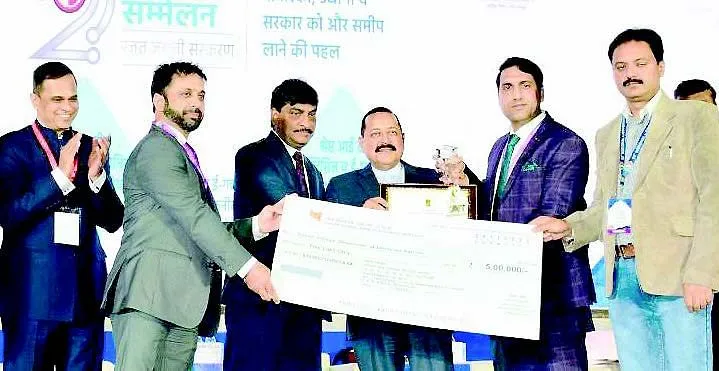DR. MISBAH FEROOZ KAWOOSA
In an hour, Zahida, who was lying on a bed in the maternity hospital, was scheduled to undergo a caesarean section. This was her first pregnancy and she was anxious and terrified, not because she was having a C-section but rather, she was concerned about the gender of her child.
Zahida, an engineer by profession, was married to Aftab, a bureaucrat, and came from an upper middle-class family. She had always been empathetic, independent, and a staunch supporter of women’s equality.
Throughout her journey as a student and a professional, she had fought numerous small battles for her rights. Her confidence in herself and her ideology grew stronger with each modest success.
She was certain that she would always reject the skewed power dynamics that are pervasive in our culture and that she would never give in to misogyny and patriarchy.
But the toxic masculinity and stereotypes she experienced the day she got married destroyed the utopian views that she had cultivated on humanity and equality.
Zahida became the victim of “Toxic Masculinity”: The term “toxic masculinity” highlights the negative traits of stereotypically masculine characteristics that exalt stoicism, virility, domination, and hostility towards females.
Although not physically, Zahida was abused on an emotional and psychological level. Even though she had been reluctant to leave her parents’ house when she first got married, she had come to terms with this cultural disparity, assuming that she would never be questioned for visiting her parents.
But soon the glass ceiling of trust and hope was shattered when her husband resorted to emotional abuse, whenever she talked of visiting her home.
She started to wonder if she even was a human. She started to question how unrepentantly men continue to disparage women and how society as a whole becomes mute spectators of this unfair, sexist, and criminal conduct.
And this is how the feminist Zahida started praying to almighty for bestowing her with the male child because she didn’t want yet another woman to be born, yet another woman to question her existence.
There are millions of Zahidas in the world-some resist, some exist and some perish.
The 16 Days of Activism Campaign-Ending violence against women, which runs from November 25 to December 10, urges action against one of the most pervasive human rights violations in the world: violence against women.
People from all around the world come together during the 16 Days of Activism to raise awareness about gender-based violence, confront prejudice, and demand better policies and services to put a stop to violence against women permanently.
In the words of Ms. Alsalem, who is the UN Special Rapporteur on violence against women. “It’s a bit like the climate crisis. The evidence is there. We can see it, we can see the consequences.” But only those who want to see are able to see; for the rest, it is either the cultural norm or the prohibited subject which is either brushed under the ragged or exquisite carpets.
According to the National Family Health Survey-5 report, almost one third of women in India had been the victim of physical or sexual abuse. While domestic violence against women has decreased nationwide from 31.2% to 29.3%, 30% of women between the ages of 18 and 49 have experienced physical violence since the age of 15, and 6% have experienced sexual violence.
Gender-based violence is the human rights violation and a public health problem. Our schooling, parenting, and textbooks have all long been rife with misogyny. Gender-based discrimination, social norms that condone violence, and gender stereotypes that feed violent cycles all contribute to violence against women and girls.
The majority of current efforts to end violence against women and girls have been directed at responding to and helping victims of violence. To entirely eradicate violence against women and girls, however, prevention—addressing the structural reasons as well as the risk and protective factors associated with violence—is essential.
To address the issue of gender-based violence, a comprehensive response model is required. To effectively address the problem; efforts from the community, media, and health professionals must be integrated. In addition, sustained and persistent efforts are needed to eradicate the stigma attached to gender-based violence.
(Dr. Misbah FeroozKawoosa is Senior Resident –SPM, Govt medical College, Srinagar.)
DISCLAIMER: The views and opinions expressed in this article are the personal opinions of the author.
The facts, analysis, assumptions and perspective appearing in the article do not reflect the views of GK.






